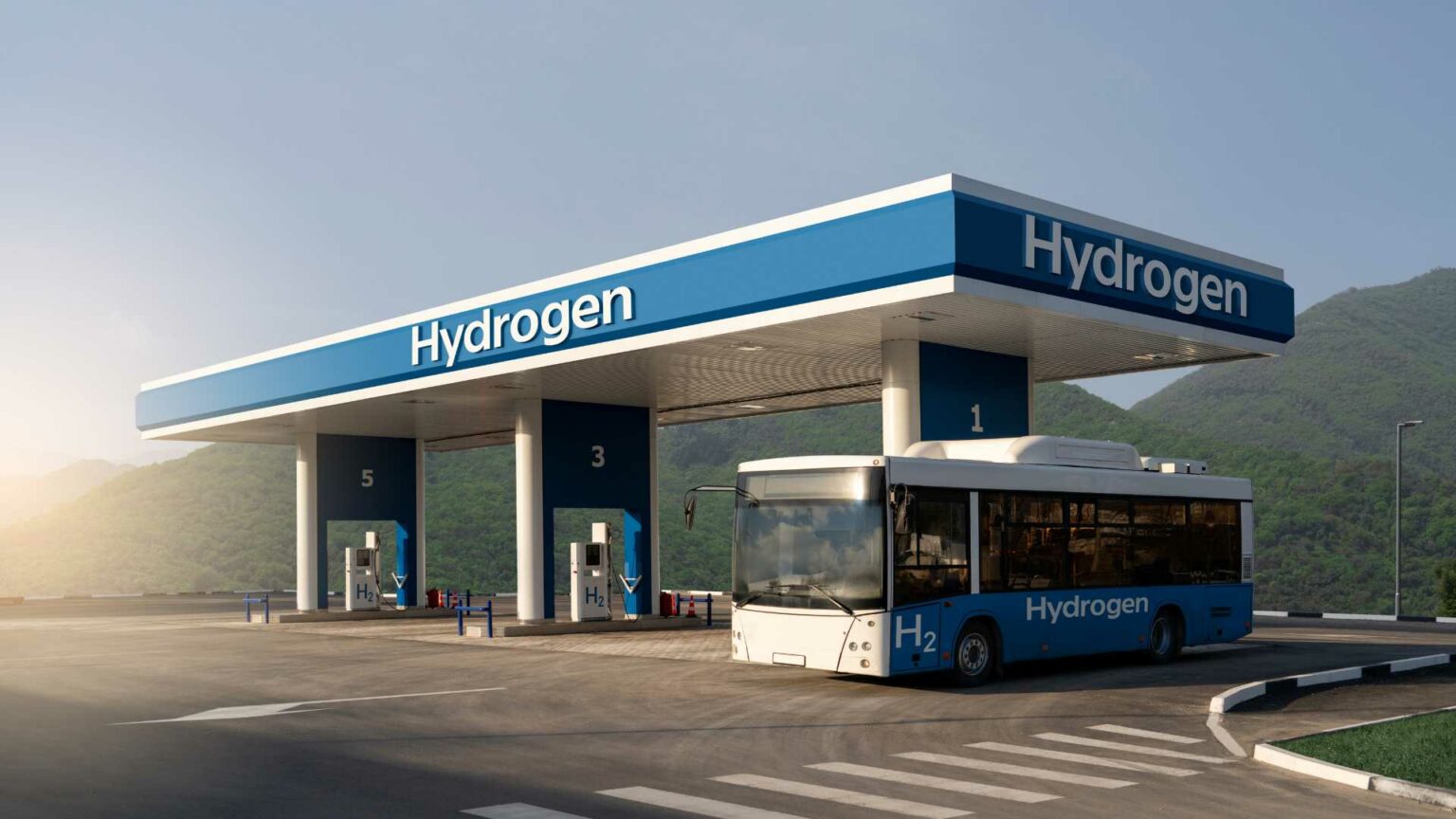China Yuchai International Limited has announced the commercial launch of 50 green energy buses equipped with Yuchai Xingshunda hydrogen fuel cells in Beijing.
This initiative marks a significant step in China’s push towards sustainable transportation, aligning with the national “double carbon” goals.
Yuchai Xingshunda, a joint venture between Guangxi Yuchai Machinery Company and Beijing Xing Shun Da Bus Co., Ltd., has developed two types of hydrogen fuel cell systems powering these buses: the 82kW and the 125kW systems. The 82kW system, boasting over 43% energy efficiency, is designed for buses, light-duty trucks, and passenger vehicles. The 125kW system, with a proprietary metal plate stack to reduce hydrogen consumption and energy efficiency above 45%, is intended for larger vehicles like semi-trailers and cargo trucks.
Technological Advantages: The hydrogen fuel cells offer high energy efficiency, zero emissions, low noise, and high power density. These benefits are critical in reducing carbon footprints and meeting environmental targets.
The introduction of hydrogen buses in Beijing can be compared with similar initiatives globally. For instance, Europe has been actively integrating hydrogen fuel cell buses into public transport. Projects like the JIVE (Joint Initiative for Hydrogen Vehicles across Europe) have successfully deployed hydrogen buses in several cities. These projects typically emphasize long-term viability and cost-effectiveness, areas where China Yuchai’s initiative will need to demonstrate sustained performance.
Yuchai’s systems promise a lifespan of over 15,000 hours, which is competitive but not groundbreaking. For comparison, Ballard Power Systems’ FCmove-HD fuel cell modules, used in buses across North America and Europe, also offer similar lifespans and efficiencies. Therefore, while Yuchai’s hydrogen buses meet current standards, they do not significantly exceed global benchmarks.
Hydrogen fuel cells offer a clear environmental advantage over internal combustion engines, with zero tailpipe emissions. However, the overall environmental impact depends on the hydrogen production method. If hydrogen is produced using renewable energy (green hydrogen), the benefits are substantial. Conversely, if it is derived from fossil fuels (grey hydrogen), the carbon footprint is less favorable. China Yuchai’s commitment to green hydrogen production will be crucial in realizing the full environmental potential of this technology.
The initiative aligns with China’s broader policy framework aimed at achieving carbon neutrality by 2060.
